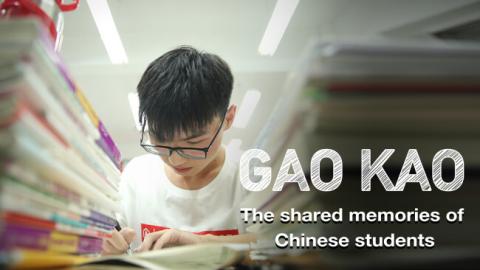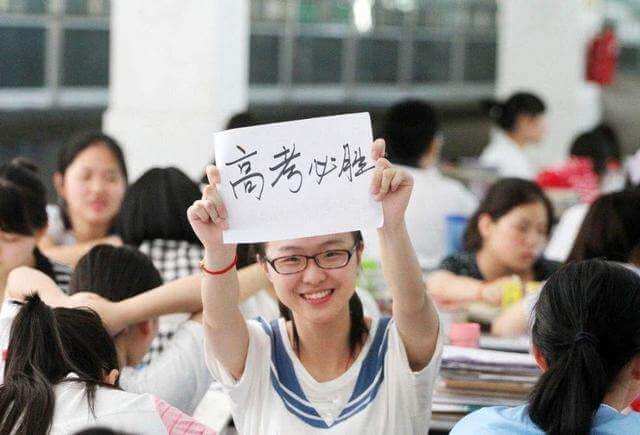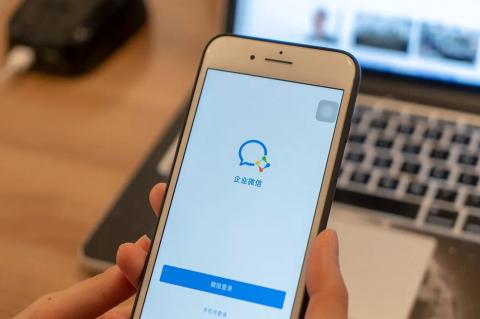
 0
0
Gaokao: China National College Entrance Examination
What is Gaokao?
Gaokao, short for National Unified Examination for Admissions to General Universities and Colleges, is a selection examination taken by qualified high school graduates or candidates with equivalent academic ability in Mainland China.
Why Does Gaokao Exist?
Gaokao is originated in the imperial examination system, which lasted about 1,300 years from the Sui Dynasty to the Qing Dynasty in the ancient China. Although far from perfection, it was the fairest form of talent selection in the feudal era, for it contributed to absorbing a large number of people from middle and lower classes into the ruling class. Especially in the Tang and Song dynasties, many talents were selected by the imperial examination system and created a golden age of the development of ancient Chinese culture.
As for Gaokao, the system was restarted in 1977 after ten years of halt due to the Cultural Revolution and it is now one of the fairest exams in mainland China. Students will fill the college application using the results of the exam, then are admitted by colleges of different levels. Gaokao is one of the best ways for the students from a lower class to obtain more educational and social resources through personal efforts, to create a promising future and change their fate.

What Is the Content of the Gaokao Exam?
Chinese, Math, and English are compulsory subjects for all students. Besides, during high school study, students are divided into "social art student" or "science student" according to their own will. Social art students are required to finish exams on history, politics, and geography, while science students should finish physics, chemistry, and biology.
When Is Gaokao?
Gaokao test is organized on June 7th to 8th every year. The examination time is unified nationwide, but the examination papers are different in each province for the consideration of balancing the equality among regions with different amount of educational resources.
What Happens If You Fail the Gaokao?
According to the Ministry of Education of the People's Republic of China, there are about 10 million students take part in Gaokao every year. However, the opportunities to top universities are too rare compared to the large candidates. So where to go if they fail the Gaokao?
Is Gaokao Important to students?
Chinese people value the educational background very much. In general, a better educational background means better work and social resources, and top companies and industries are clearly in favor of those who possess a high degree from famous universities. Also, a bachelor's degree is usually the pre-request for major white-collar jobs in China. Therefore, currently nearly 99% of the high school graduates wish to attend to the colleges or universities for further study, quite a lot among which also wish to continue to get a master's degree or even doctor's degree. In summary, Gaokao is extremely important to students.

What Happens If You Fail the Gaokao?
There are winners and losers in Gaokao, and the winners are always the minority. If students fail to enter an ideal university through Gaokao, usually there are 3 choices for them:
If they fail to join a college and universities can offer a bachelor's degree, they may choose a Vocational University or Senior Specialized School offering they a specialist qualification, which also help them in future career.
Some of the students will choose to take a gap year and take Gaokao exams in the next year. It looks like a good idea, yet many students cannot stand the high pressure for preparing Gaokao again.
A small number of students choose to apply for study abroad after failing the Gaokao. But they are just special cases of such students, who are usually from rich middle class families. Normally, students who decide to study abroad will not attend Gaokao from the beginning.

What Is the Current Situation in Gaokao Exam?
Currently, there are traditional Gaokao and new Gaokao in China according to different provinces. New Gaokao taking place of traditional Gaokao through Gaokao Reform is the general trend nationwide.
What Is the Traditional Gaokao Exam?
In traditional Gaokao, Chinese, Math, and English are the compulsory subjects for all students, and these three subjects account for the largest percentage of total scores. Students can choose to study social art or science and take relevant exams.
What Is the Gaokao Reform?
The Gaokao reform, also called new gaokao, started from Shanghai and Zhejiang in 2014, and is gradually spread to the whole country. The new Gaokao abolished the traditional social art and sciences division, and students can choose any three of the six subjects to study (history, politics, geography, physics, chemistry, and biology). This new model of the Gaokao exam is called '3+3', i.e. three compulsory subjects plus three optional subjects.
What Is the Gaokao English Test Like?
English is the compulsory subject as important as Chinese and mathematics in Gaokao. Chinese students start to learn English from primary school, and are usually good at using English to finish the tests. Yet the exam-oriented system causes a relative lack in their ability to use English in real communication circumstances.
What Is the Content of the Gaokao English Test?
There are three parts of the Gaokao English test: listening, reading, and writing. The exam lasts two hours. Gaokao English test is far simpler than IELTS or TOEFL, many students can get high scores (140+/150).
How Do Chinese Students Prepare for Gaokao English test
Due to the exam-oriented education system, Chinese students focus more on doing the written exercise rather than practicing using it. They will do plenty of reading and listening exercises, recite writing templates, remember words and phrases in order to gain a high mark in the Gaokao. Therefore, many students are afraid of speaking English although they have learned English for several years.

TTJ includes almost all IB schools, Cambridge schools, and AP schools authorized by IBO and CIE, and compares the courses they provide with Chinese junior high school courses. If you want to find a job in China, you can visit the job Board of TTJ.






